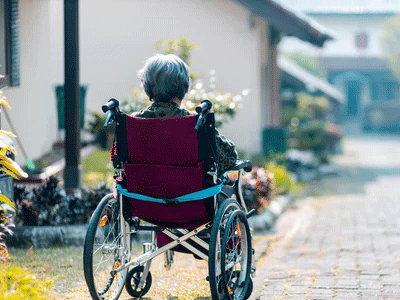Health & Social Care
For anybody looking to work in the social care or health sector
You can start by taking a more general qualification before deciding to specialise in a particular field such as care for the elderly, teaching support or dementia care.
Whatever you choose you will find a career in the social care sector both rewarding and fulfilling as you make a difference to the daily lives of those you work with. There are plenty of opportunities for career development with qualification options for supervisors and managers and work available in both the private and public sectors, making social care a good career choice for those looking for a lifelong vocation.


L3 Lead Adult Care Worker
Lead Adult Care Workers are the frontline staff who help adults with care and support needs to live safely and independently.

L3 Senior Healthcare Support Worker
Senior Healthcare Support Workers help registered practitioners deliver healthcare services to people.

L3 Team Leader / Supervisor
A Team leader or supervisor is a first line management role, with operational, project responsibilities and team management.

L4 Lead Practitioner in Adult Care
Make positive differences to someone’s life when they face physical, practical, social, emotional, psychological or intellectual challenges.

L5 Operations Manager
Manage teams and/or projects, and achieving operational or departmental goals and objectives as part of the delivery of the organisations strategy

L5 Leader in Adult Care
Guide and inspire teams to make positive differences to someone’s life when they face physical, practical, social, emotional, psychological or intellectual challenges.
